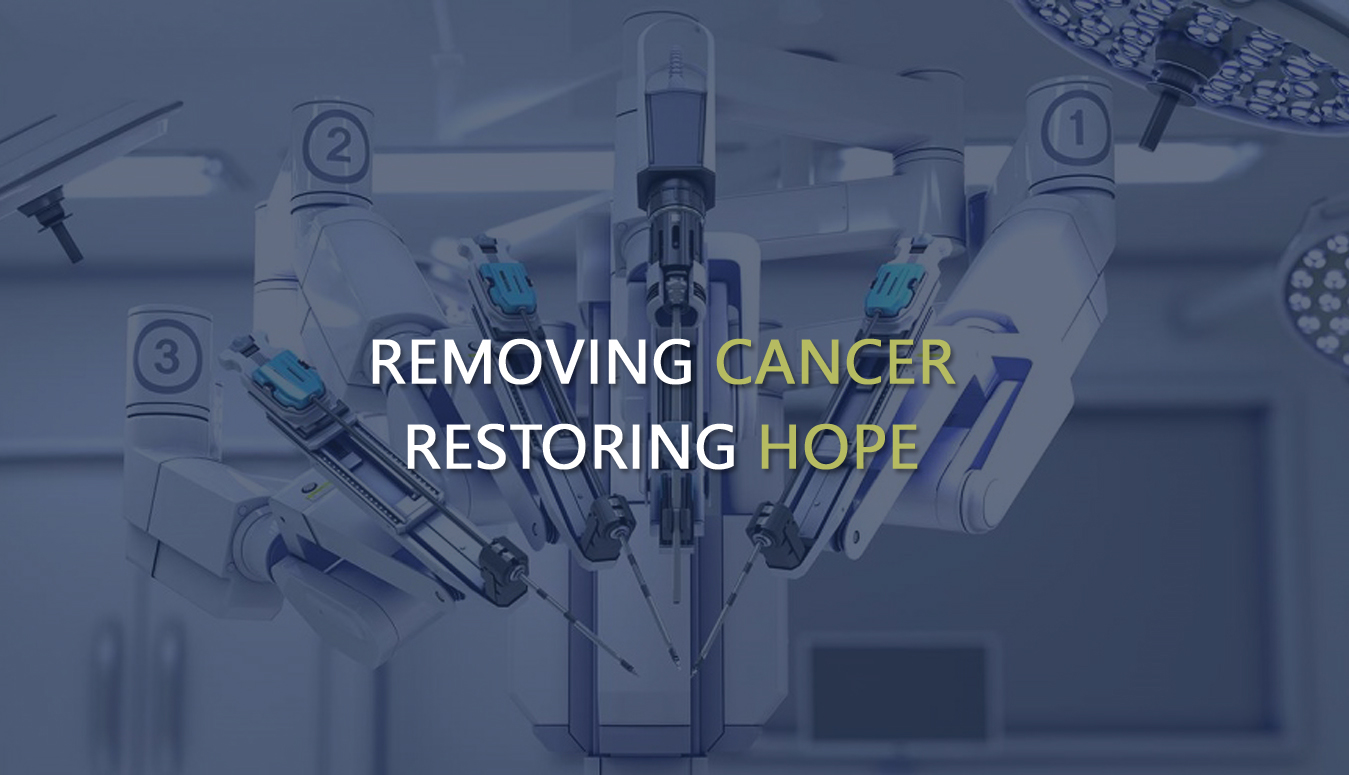Central Compartment Neck Dissection for Thyroid Cancer
Introduction to Thyroid Cancer and Oncosurgical Interventions
Thyroid cancer is a type of malignancy that arises from the thyroid gland, a butterfly-shaped organ located at the base of the neck. It plays a crucial role in regulating metabolism, growth, and development through the production of hormones. The increasing incidence of thyroid cancer has necessitated advanced surgical interventions to ensure effective treatment and improved patient outcomes. One such critical procedure is central compartment neck dissection (CCND), a specialized surgery aimed at removing lymph nodes and other tissues in the central neck area that may be affected by cancer spread.
Expertise of Dr. Yash Chaddha
Dr. Yash Chaddha is a distinguished Head & Neck Oncosurgeon with extensive experience in surgical oncology and robotics. Practicing at NHMMI Narayana Superspeciality Hospital in Raipur, Chhattisgarh, and offering consultations at Metro Balaji Hospital in Raigarh, Dr. Chaddha is renowned for his proficiency in managing complex thyroid cancers through precise and minimally invasive techniques. His commitment to patient care and surgical excellence has made him a trusted name in the field of head and neck oncology.
Understanding Central Compartment Neck Dissection
Central compartment neck dissection is a surgical procedure performed to remove lymph nodes and surrounding tissues from the central region of the neck, which includes the area around the thyroid gland. This procedure is commonly indicated for patients with papillary or medullary thyroid cancer, which have a propensity to spread to the central lymph nodes. The primary goal of CCND is to eradicate metastatic lymph nodes, reduce recurrence rates, and achieve optimal disease control.
Indications for Central Compartment Neck Dissection
CCND is typically recommended for patients with:
- Clinically evident lymph node metastasis (N1a disease) detected through imaging studies or fine-needle aspiration biopsy.
- Large primary tumors (T3 or T4) with a high risk of nodal involvement.
- Recurrence of thyroid cancer in previously treated patients.
- Aggressive histological variants of thyroid cancer.
The Surgical Procedure
The central compartment neck dissection is performed under general anesthesia. The procedure involves making an incision in the lower part of the neck to access the central compartment. The surgeon meticulously dissects the tissue to remove lymph nodes, fatty tissue, and other structures that may harbor cancer cells. Care is taken to preserve critical structures such as the recurrent laryngeal nerves, parathyroid glands, and major blood vessels to minimize postoperative complications.
Robotic-Assisted Surgery
Dr. Yash Chaddha employs advanced robotic-assisted techniques to enhance the precision and safety of central compartment neck dissection. Robotic surgery offers several advantages, including:
- Enhanced dexterity and control, allowing for meticulous dissection.
- Reduced blood loss and tissue trauma.
- Smaller incisions resulting in minimal scarring.
- Faster recovery and shorter hospital stay for patients.
Postoperative Care and Recovery
Following CCND, patients are closely monitored for any signs of complications such as bleeding, infection, or nerve injury. Postoperative care includes:
- Pain management through prescribed medications.
- Monitoring calcium levels to prevent hypocalcemia due to potential parathyroid gland involvement.
- Regular follow-up visits to assess wound healing and overall recovery.
- Thyroid hormone replacement therapy if the entire thyroid gland is removed.
Potential Complications
While CCND is generally safe, like any surgical procedure, it carries potential risks and complications such as:
- Injury to the recurrent laryngeal nerve, leading to voice changes or hoarseness.
- Hypocalcemia due to inadvertent damage or removal of the parathyroid glands.
- Hematoma or seroma formation in the surgical site.
- Infection requiring antibiotic treatment.
Importance of Multidisciplinary Care
Effective management of thyroid cancer extends beyond surgery. Dr. Yash Chaddha emphasizes a multidisciplinary approach involving endocrinologists, radiologists, pathologists, and radiation oncologists to provide comprehensive care. This collaborative effort ensures accurate diagnosis, personalized treatment planning, and optimal long-term outcomes for patients.
Why Choose Dr. Yash Chaddha?
- Expertise and Experience: Dr. Chaddha's extensive training and experience in head and neck oncology and robotic surgery make him a leading expert in the field.
- Patient-Centric Care: Dr. Chaddha prioritizes patient well-being, offering compassionate care and clear communication throughout the treatment journey.
- State-of-the-Art Facilities: NHMMI Narayana Superspeciality Hospital and Metro Balaji Hospital are equipped with advanced medical technology to support high-quality surgical care.
- Convenient Access: Patients can consult with Dr. Chaddha during his OPD sessions every 1st and 3rd Saturday at Metro Balaji Hospital, Raigarh.
Conclusion
Central compartment neck dissection is a vital surgical procedure for managing thyroid cancer, significantly improving patient outcomes through precise lymph node removal. Under the expert care of Dr. Yash Chaddha, patients can expect advanced, minimally invasive surgical techniques and comprehensive postoperative care. His dedication to excellence and patient-centric approach ensures that individuals receive the highest standard of care for thyroid cancer treatment.
For consultations and appointments with Dr. Yash Chaddha, please visit NHMMI Narayana Superspeciality Hospital in Raipur, Chhattisgarh, or schedule an OPD visit every 1st and 3rd Saturday at Metro Balaji Hospital, Raigarh. Let us help you navigate your thyroid cancer journey with expertise and compassion.
 help
help


